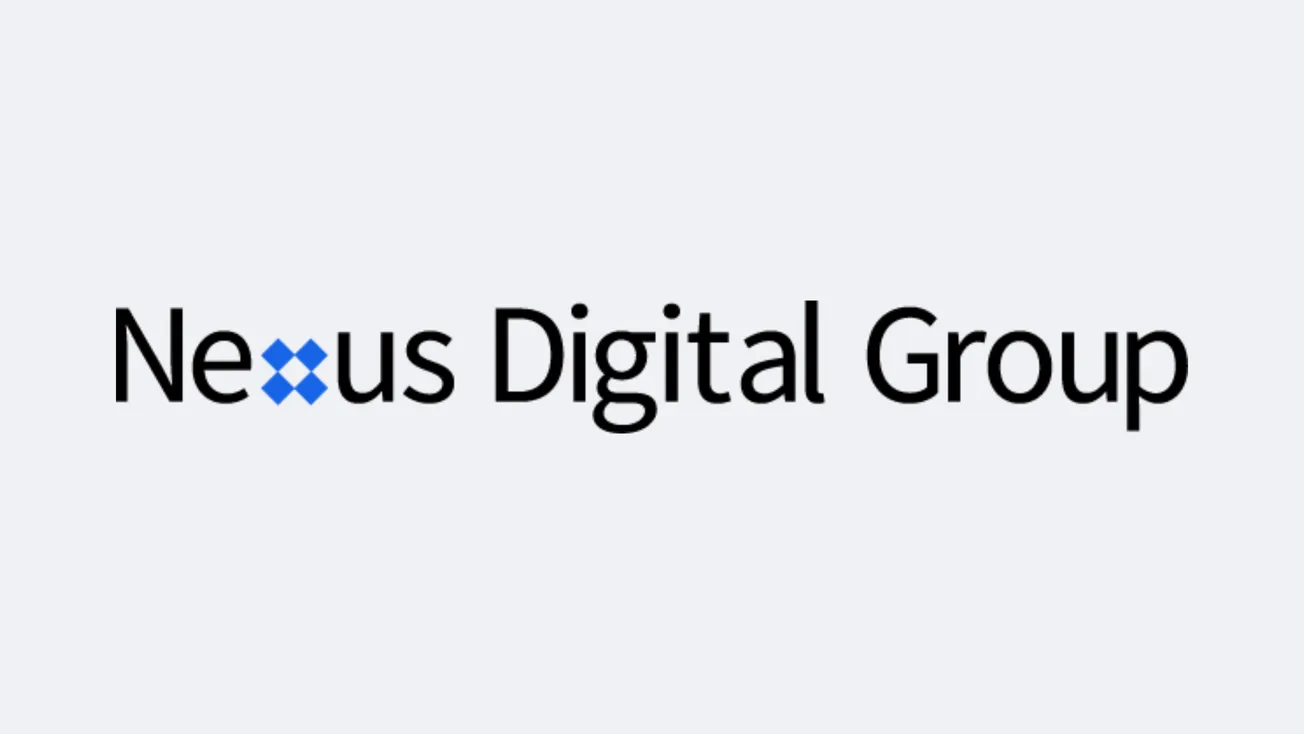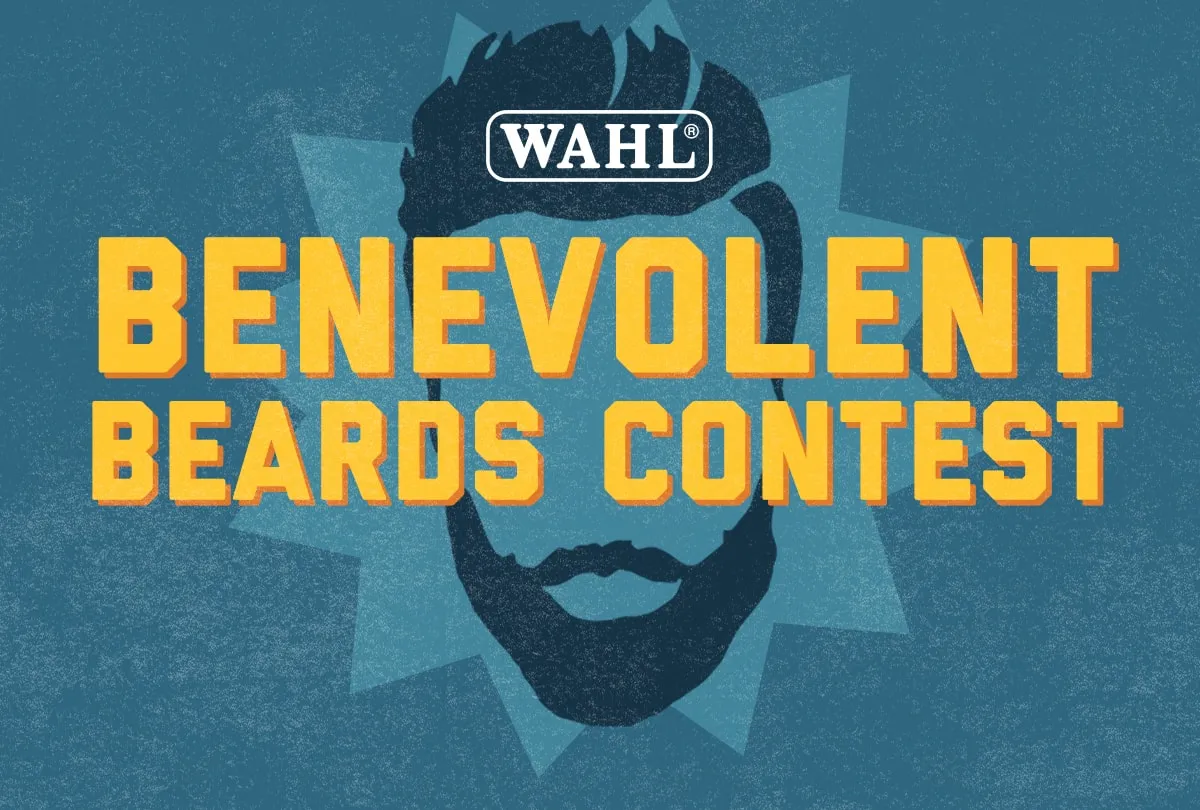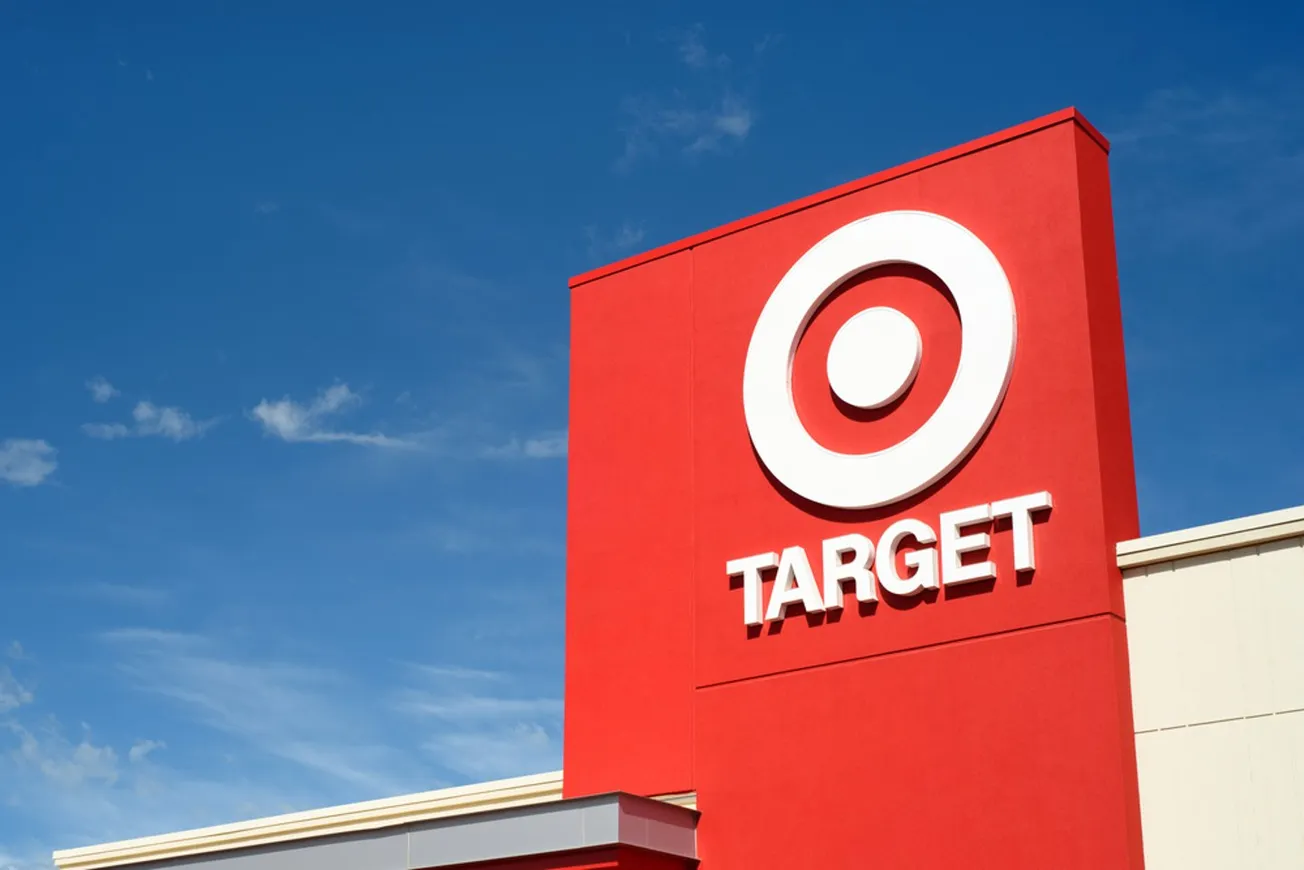By Kieran Walsh, Co-Chief Executive Officer of Nexus Digital Group
Even though Artificial Intelligence (AI) is still in its nascent stages, we are already witnessing how it is significantly transforming brand management. Brand Managers are actively seeking out AI tools to further enhance data-driven decision-making, personalization, and automation. The following are measures for how AI is currently optimizing several core brand management disciplines and corresponding AI tools.

1. Enhanced Customer Insights & Market Research
AI analyzes vast amounts of customer data, from social media interactions to purchase behavior, helping brands understand their audience better. Tools like sentiment analysis and predictive analytics allow companies to anticipate trends and adjust strategies in real time.
· Brandwatch: AI-powered social listening tool for monitoring brand mentions, trends, and customer sentiment.
· Crimson Hexagon: Uses AI to analyze social media conversations and provide insights on brand perception.
· Google Trends: Helps track search trends related to your brand and industry.
2. Personalized Marketing & Customer Engagement
AI enables hyper-personalization by analyzing individual preferences and behaviors. Brands use AI-driven chatbots, recommendation engines, and targeted ads to engage consumers with highly relevant content, improving customer experiences.
· Adobe Sensei: AI tool that enhances personalization in marketing campaigns by analyzing customer data.
· Dynamic Yield: AI-based personalization platform that customizes website experiences and product recommendations.
· Persado: Uses AI to optimize marketing messages based on emotional triggers.
3. Automated Content Creation & Management
AI tools like ChatGPT, Jasper, and Midjourney help brands generate marketing copy, blog posts, social media content, and even visuals, reducing the time and effort required for content creation. AI can also optimize content strategies by analyzing engagement patterns.
· ChatGPT & Jasper: AI-powered copywriting tools for blogs, ad copy, and social media posts.
· Canva AI: Assists in designing brand assets with AI-powered design suggestions.
· Lumen5: AI-based video creation tool for repurposing blog content into videos.
4. AI-Powered Customer Service & Chatbots
Brands use AI chatbots and virtual assistants to provide instant customer support, answer queries, and resolve issues 24/7. This enhances customer satisfaction while reducing operational costs.
· Amazon: Uses AI to anticipate customer needs and resolve issues, including personalized product recommendations
· Expedia: Uses ChatGPT in its mobile app to help travelers plan trips
· H&M: Uses AI chatbots to help with product information, sizing, availability, delivery options, and refunds
5. Optimized Ad Campaigns & Media Buying
AI-driven advertising platforms automate and optimize digital ad placements in real time. AI identifies the best-performing ad formats, channels, and audiences, ensuring higher ROI on marketing spend.
· Google Ads Smart Bidding: AI to optimize bids for PPC campaigns.
· Meta (Facebook) Advantage+: AI-driven ad automation for optimizing audience targeting.
· Adzooma: AI-powered platform that analyzes and improves ad performance across Google, Facebook, and Microsoft Ads.
6. Brand Monitoring & Reputation Management
AI tools scan social media, forums, and news sources to track brand mentions, sentiment, and emerging PR risks. Companies can quickly respond to negative feedback and protect their brand reputation.
· Meltwater: AI-driven media monitoring tool that tracks brand mentions across news, blogs, and social media.
· Talkwalker: Provides AI-powered sentiment analysis and brand tracking across digital channels.
· Hootsuite Insights: AI-based social listening and monitoring tool for brand reputation management.
7. Product & Service Innovation
AI-driven insights help brands refine their offerings based on consumer preferences. AI can assist in product design, pricing strategies, and demand forecasting, ensuring market relevance.
· IBM Watson Analytics: AI-powered predictive analytics tool for business insights.
· Tableau AI: Uses AI to visualize and interpret business and consumer data.
· Google Cloud AI: Helps brands analyze data for better product development and decision-making.
8. Supply Chain & Inventory Management
AI helps brands predict demand, optimize inventory, and improve supply chain efficiency, reducing waste and ensuring timely product availability.
· Oracle AI Supply Chain Management: AI-powered forecasting and logistics optimization.
· Blue Yonder: AI-driven demand forecasting and supply chain planning tool.
How AI is Reshaping Brand ManagementSAP AI: Helps brands optimize inventory and logistics.
9. Voice & Visual Search Optimization
With AI-powered tools like Google Lens and voice assistants (Alexa, Siri), brands need to optimize for visual and voice search to stay competitive in the evolving digital landscape.
· Google Lens: Helps brands optimize for visual search by making images and products more searchable.
· Moz Pro & SEMrush: AI-driven SEO tools that help brands optimize for voice search and search engine rankings.
10. Fraud Detection & Security
AI detects fraudulent transactions, counterfeit products, and online scams, protecting brand integrity and consumer trust.
· Forter: AI-driven fraud detection tool for e-commerce brands.
· Clearview AI: Helps identify and remove counterfeit products online.
· NetBase Quid: AI-powered social analytics tool for brand protection and crisis management.
Conclusion
AI is reshaping brand management by making it more efficient, data-driven, and customer-centric. Brands that leverage AI effectively can stay ahead of the competition, deliver better customer experiences, and build stronger brand loyalty.








